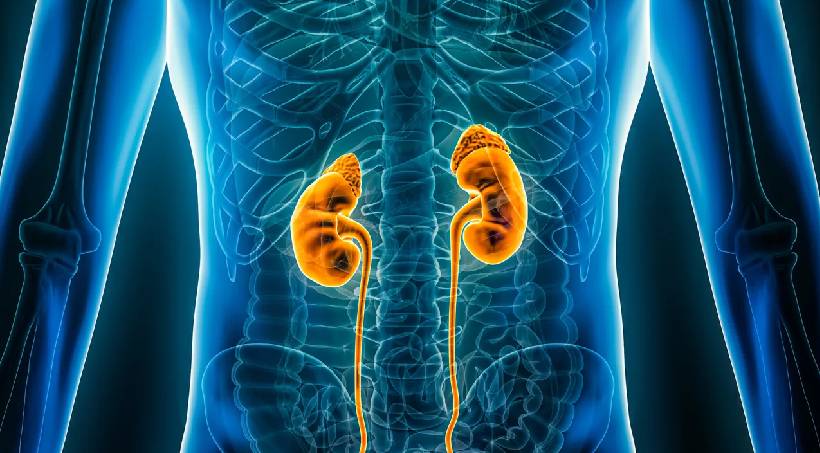Make an Appointment
We take a holistic approach to care, emphasizing preventive measures, early detection, and personalized treatment plans.

Definition:
AKI: A rapid loss of kidney function occurring over hours or days, leading to a buildup of waste products and an imbalance in fluids and electrolytes. It is often reversible if treated promptly.
CKD: A gradual decline in kidney function over months or years, characterized by the inability of the kidneys to effectively filter blood. CKD can lead to end-stage renal disease (ESRD).
Causes:
AKI:
Severe dehydration or blood loss.
Sepsis (body-wide infection).
Exposure to nephrotoxic drugs (e.g., NSAIDs, aminoglycosides).
Obstruction in the urinary tract (e.g., kidney stones, enlarged prostate).
CKD:
Diabetes mellitus (most common cause).
Hypertension.
Glomerulonephritis.
Polycystic kidney disease or other genetic disorders.
Symptoms:
AKI:
Decreased urine output.
Swelling in the legs, ankles, or feet.
Fatigue, confusion, and shortness of breath.
Nausea and chest pain in severe cases.
CKD:
Persistent fatigue and weakness.
Loss of appetite and nausea.
Swelling in the limbs.
High blood pressure and changes in urination patterns.
Bone pain or fractures in later stages.
Diagnosing:
Blood tests for creatinine, urea, and electrolyte levels.
Urinalysis for proteinuria or hematuria.
Imaging tests such as ultrasound or CT scan.
Kidney biopsy (for specific underlying conditions).
Treatment:
AKI:
Treat the underlying cause (e.g., fluids for dehydration, antibiotics for infections).
Dialysis in severe cases to manage waste buildup.
Monitoring and correcting electrolyte imbalances.
CKD:
Medications to control blood pressure (ACE inhibitors, ARBs).
Dietary modifications to reduce sodium, potassium, and protein intake.
Management of comorbidities like diabetes and anemia.
Dialysis or kidney transplantation in ESRD.
Prevention Tips:
Stay hydrated and avoid prolonged use of nephrotoxic drugs.
Regularly monitor and manage chronic conditions such as hypertension and diabetes.
Avoid smoking and maintain a healthy lifestyle.
Conclusion: AKI requires immediate attention to prevent complications, while CKD necessitates long-term management to slow its progression and maintain quality of life.
Dr. Sunil Khot is a most renowned Nephrologist in PCMC, Pune. Dr. Sunil Khot practices at Dr Khot’s Kidney Clinic in Moshi. He completed his MBBS, DNB in the field of Nephrology. He has vast years of experience working as a Nephrologist. Being the most experienced Nephrologist in Pimpri Chinchwad, Pune, he provides treatment for kidney-related diseases, and hypertension treatment.
Dr. Sunil Khot © 2025 All Right Reserved